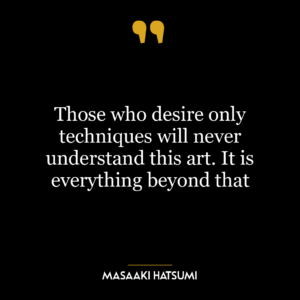This quote emphasizes the idea that it is not the material wealth or possessions that need to be equal among people, but rather their desires or aspirations. This means that people should not necessarily strive for equal distribution of wealth, but rather for equal opportunities to fulfill their desires and potential.
The quote implies that the root of inequality lies not in the unequal distribution of resources but in the unequal distribution of desires and aspirations. If everyone had the same desires and aspirations, there would be no need for competition or jealousy, and hence, no inequality.
In the context of personal development, this quote suggests that instead of focusing on acquiring more possessions or wealth, we should focus on understanding and managing our desires. This could mean striving for contentment and fulfillment rather than constantly seeking more.
In today’s world, this idea could be applied in various ways. For instance, in the realm of education, instead of focusing solely on distributing resources equally, we could focus more on ensuring that every child has an equal opportunity to learn and fulfill their potential, regardless of their socio-economic background. This could involve providing additional support for children from disadvantaged backgrounds to help them overcome their unique challenges.
In the corporate world, instead of focusing solely on equal pay, companies could focus on creating an environment where every employee has an equal opportunity to grow and advance in their career. This could involve providing training and development opportunities for all employees, regardless of their position or seniority.
Overall, this quote suggests a shift in focus from equality of possessions to equality of desires and opportunities, which could potentially lead to a more equitable and fulfilling society.










